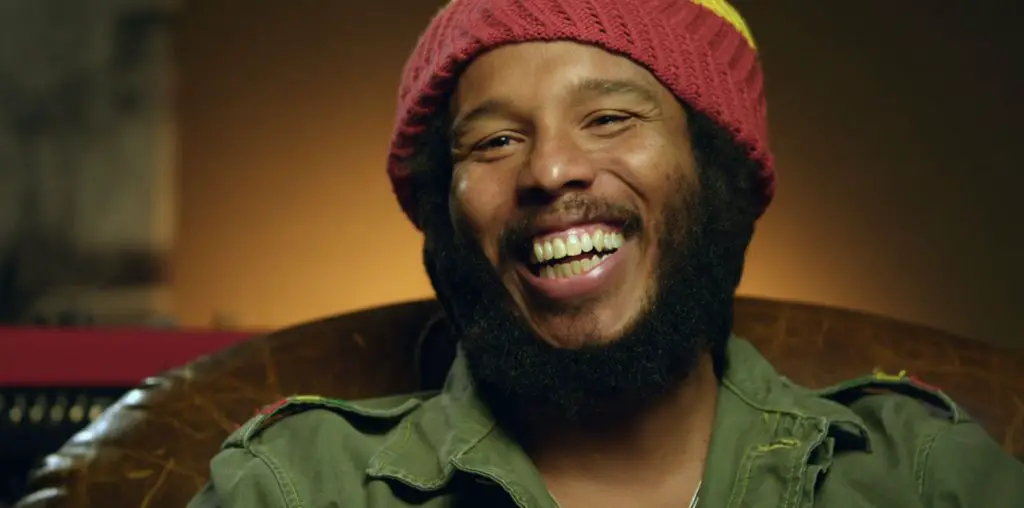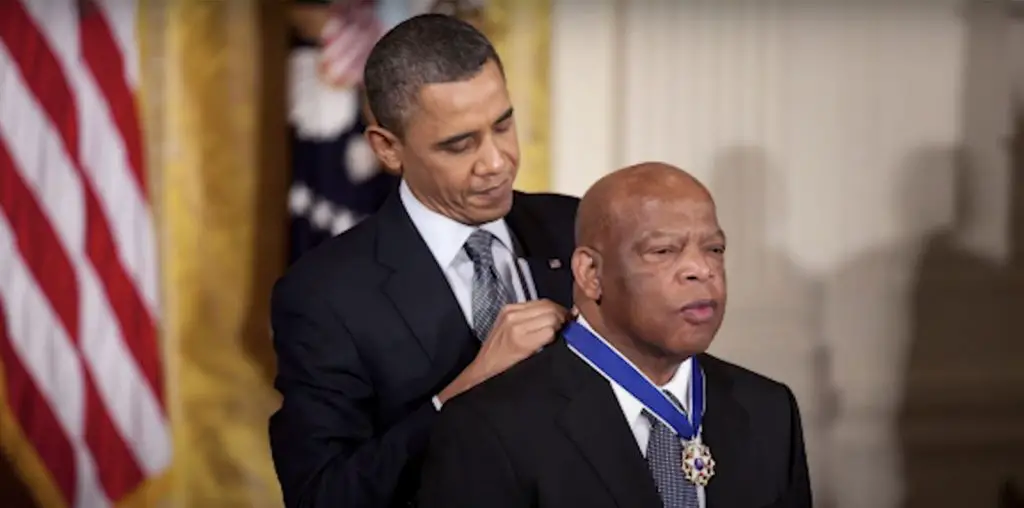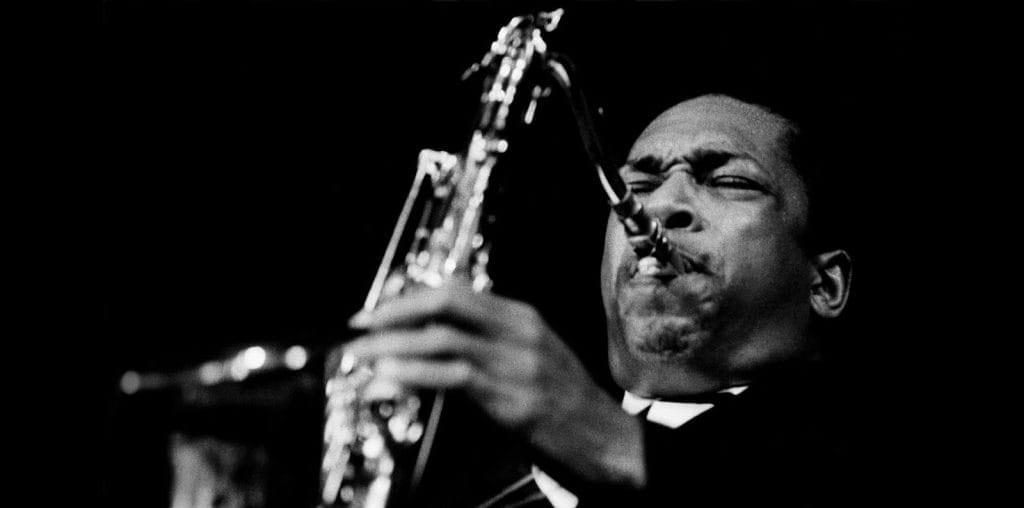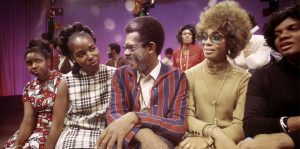
In 1968, a variety show appeared on PBS that would permanently change the face of television. That program, created, produced, and hosted by openly gay African American Ellis Haizlip, was Soul! His niece, writer/director Melissa Haizlip, now tells the story of her uncle’s legacy in the enthralling, all-encompassing documentary Mr. Soul!
1960s television was full of white people. They were well-off posing as middle class, as in The Donna Reed Show and Mr. Ed, or the hillbillies featured in The Beverly Hillbillies and Green Acres, but everybody, from sitcoms to news to commercials, was white. Ironically, this same decade also saw the rise of the color television, yet programmers remained colorblind. Ellis Haizlip had a vision, though: a black show for black people. His connections in public broadcasting made it happen, and he went through a handful of hosts before taking on the duty himself. What emerged became one of the single most important broadcast series in the history of television. Of course, the powers that be eventually caught on, leading to the show’s demise.
Yes, this is a basic summary, but honestly, it would be a disservice to go any deeper for anybody previously unfamiliar with this show or its content. Simply put, this was one of the most amazing things ever to appear on television, and that’s not hyperbole. Ellis’ connection to the Black Arts Movement brought in a wide range of artists, from Stevie Wonder, Rahsaan Roland Kirk, members from The Last Poets, to Amiri Baraka. Author James Baldwin, Minister Louis Farrakhan, and boxer Muhammad Ali all appeared, as well as actors Harry Belafonte and Sidney Poitier. BAM poet Nikki Giovanni frequently guest hosted.
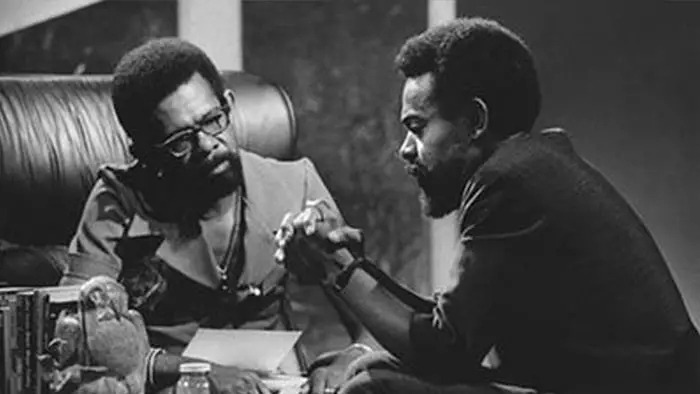
“In 1968, a variety show appeared on PBS that would permanently change the face of television.”
Essentially, Melissa Haizlip has built a motion picture monument to Ellis and his vision. There’s a brief glimpse of his life, enough to understand where he was coming from and what he was doing. But, the movie is really about the show he created, where Gospel choirs would collaborate with poets and jazz musicians, sometimes all at once, and figureheads of black culture could come to express the beauty and experience of their lives. This wasn’t about denigrating others for their privilege, but rather a serious discussion of what was happening then and there.
Haizlip wasn’t afraid to challenge his guests, either. We see Ellis question Farrakhan on the Nation of Islam’s position on homosexuality. The minister’s response can be interpreted in many ways, but Haizlip allowed for that. He addressed issues without anger, resentment, or provocation. He kept things low-key and relaxed, a social gathering where all were welcome no matter where they came from. This was not only the first program to fully embrace African American being, but also a landmark in arts programming, as in Nikki Giovanni’s in-depth conversations with James Baldwin. This was different, innovative, groundbreaking.
Soul! ended in the wake of the Nixon administration, but its legacy lives on. About two-thirds of the series is available for streaming, and after watching just a few episodes, you understand why this show from fifty years ago deserves to be the subject of serious analysis today. To get the full story, though, you should watch Mr. Soul! and understand why Ellis Haizlip deserves and embodies that title.
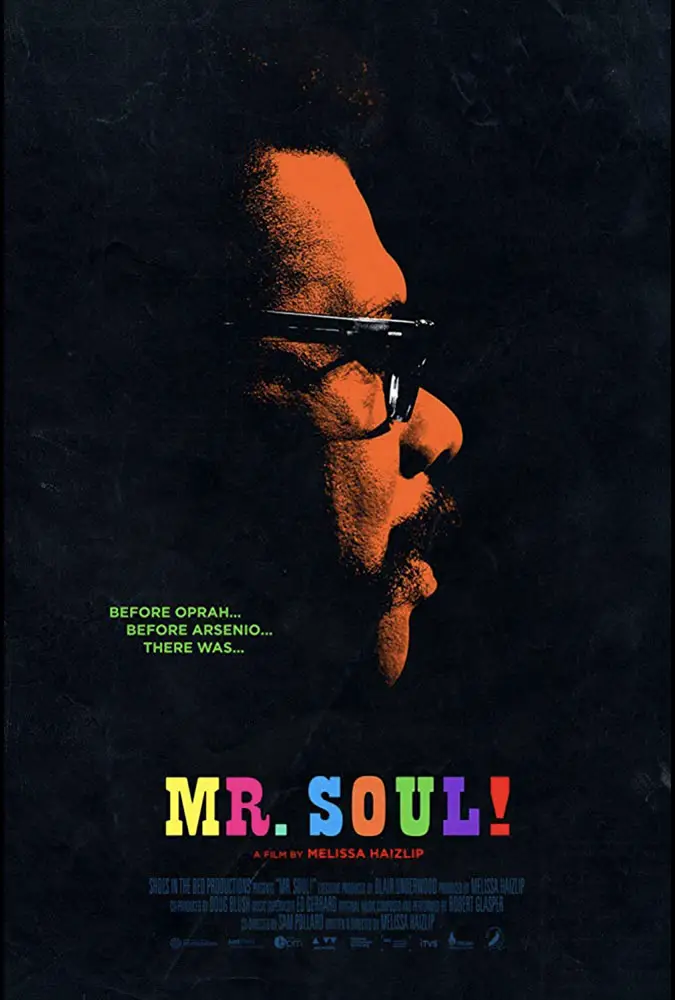
"…a motion picture monument to Ellis and his vision."
